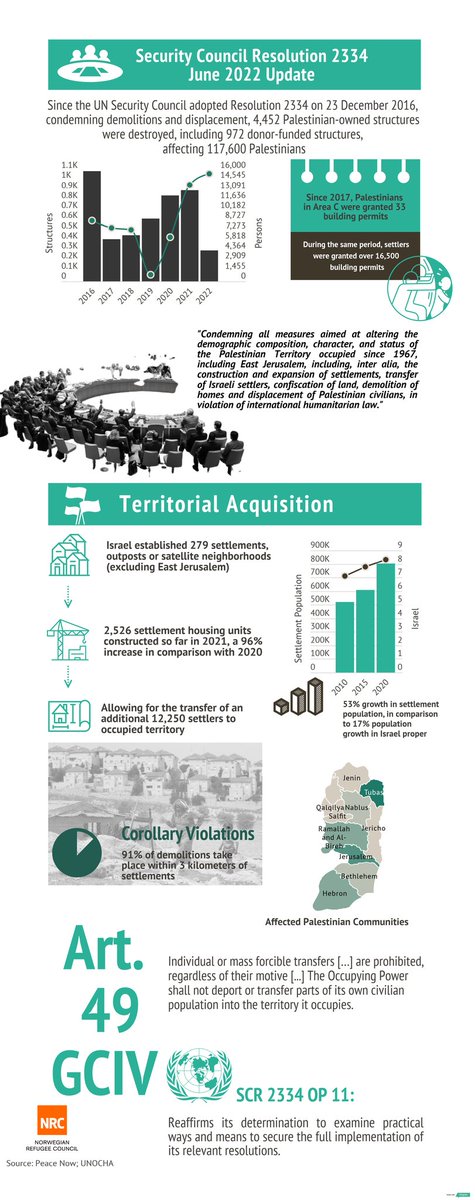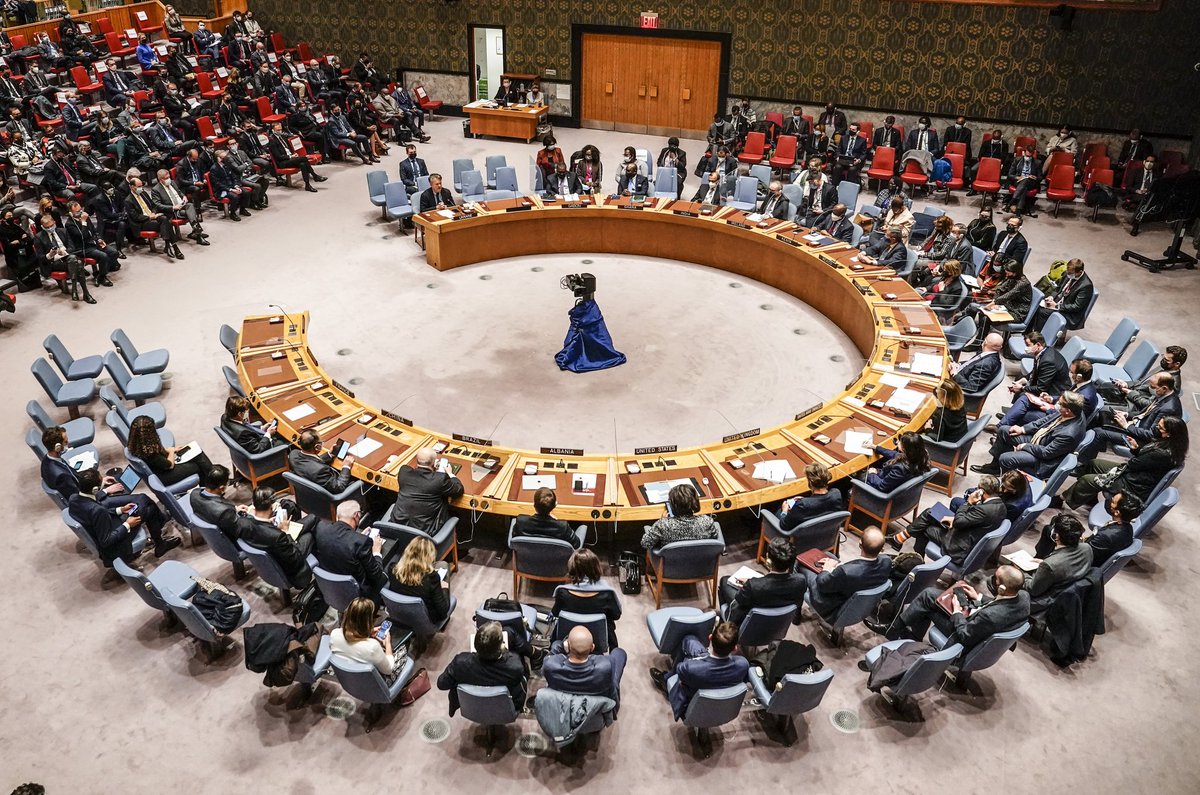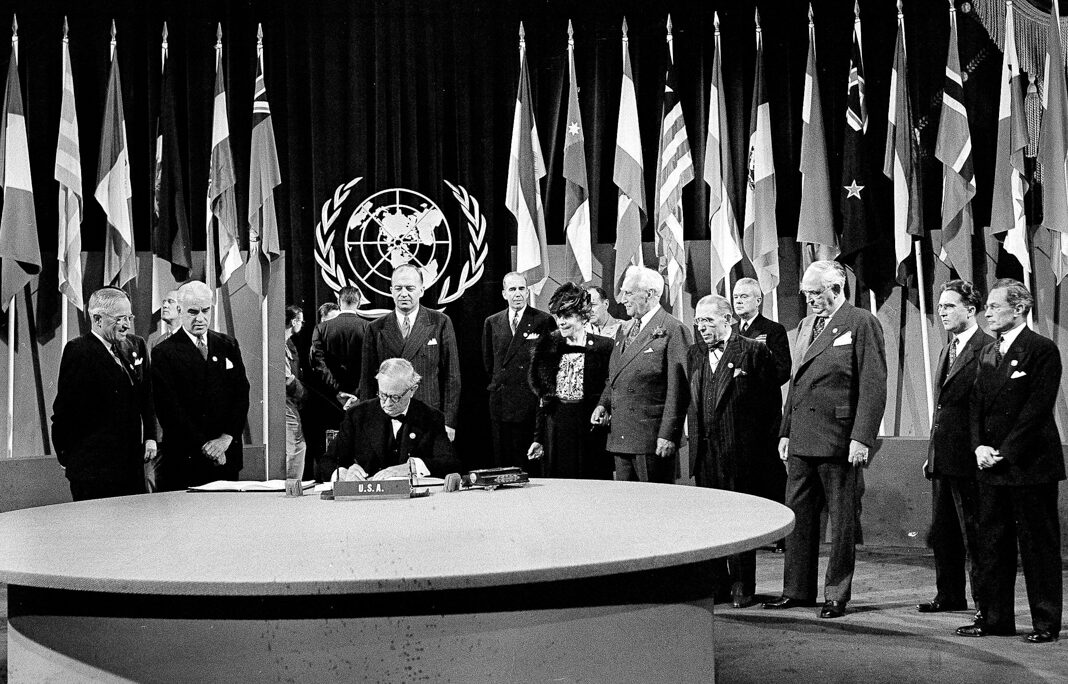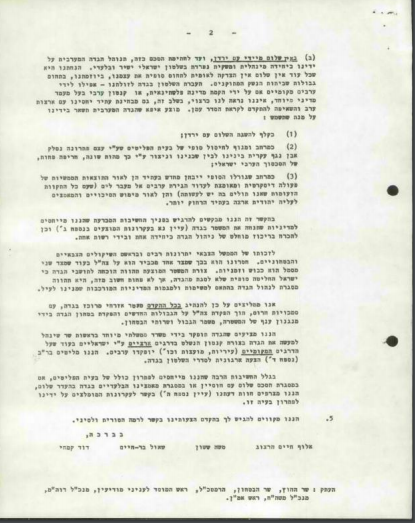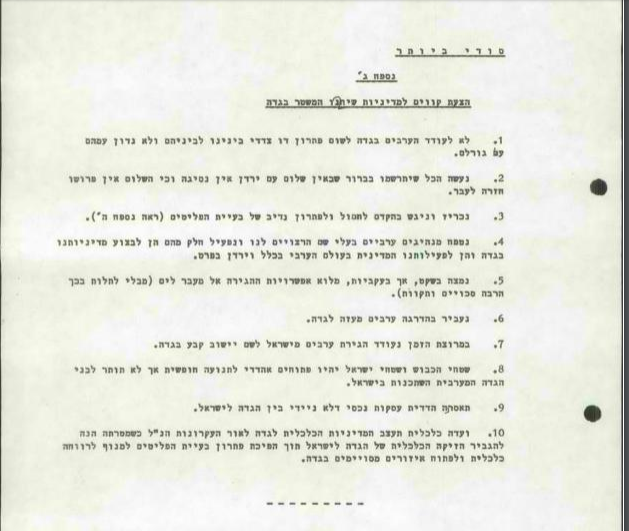
The @CIJ_ICJ Advisory Opinion on the question of self-determination of #Palestinians, a thread to (briefly) explain the why and how. 

What is an @CIJ_ICJ advisory opinion? opinions rendered by the Court contribute to the clarification and development of international law and thereby to the strengthening of peaceful relations between States.
Who can ask for an adviory opinion? In accordance with Article 96, paragraph 1, of the Charter of the United Nations “[t]he General Assembly or the Security Council may request the International Court of Justice to give an advisory opinion on any legal question”.
In what instances was the Court asked to give an opinion? @SCProcedure compiled the following list. 

What is the issue not resolved by the @CIJ_ICJ 2004 opinion (construction of the wall)? The Court held #Plaestinian self-determination and Palestinian State is to be achieved as soon as possible, on the basis of international law, and a negotiated solution. 

Asked today, the Court is likely to consider enquiry, mediation, conciliation, arbitration, and judicial settlement - all provided for under the @UN Charter - as the appropriate modalities towards the same end goal of #Palestinian emancipation, rather than bilateral negotiations
Has international law changed since 2004? When the Court considers peremptory norms of international law violated in the case of #Palestine, it will consider the work of the UN International Law Commission of recent years.
Peremptory norms of international law are norms accepted and recognized by the international community of States as a whole as norms from which no derogation is permitted.
Relevant to the case of #Palestine, the Court may find that the prohibition of aggression (including annexation), the basic rules of international humanitarian law, and the right of self-determination have been violated by #Israel. 

That would necessarily mean that the right of self-determination of #Palestinians and their political enfranchisement could not be derogated from or made conditional on the resumption or outcome of negotiations with an alien ruler, #Israel.
What are the legal consequences that arise for all States and the United Nations from this? Peremptory norms of international law (such as the right to self-determination) give rise to obligations owed to the international community as a whole (obligations erga omnes).
Any State is entitled to invoke the responsibility of another State for a breach of a peremptory norm, in accordance with the rules on the responsibility of States for internationally wrongful acts.
What are the rules of State responsibility the @CIJ_ICJ will consider? a serious breach by a State of an obligation arising under a peremptory norm requires all States to cooperate to bring to an end through lawful means any serious breach.
No State shall recognize as lawful a situation created by a serious breach, nor render aid or assistance in maintaining that situation.
What could this mean for #Palestinians? a revitalized role - defined by the Court - of the international community in securing their rights to self-determination and ending #Israeli aggression, annexation, and violations of IHL.
• • •
Missing some Tweet in this thread? You can try to
force a refresh


